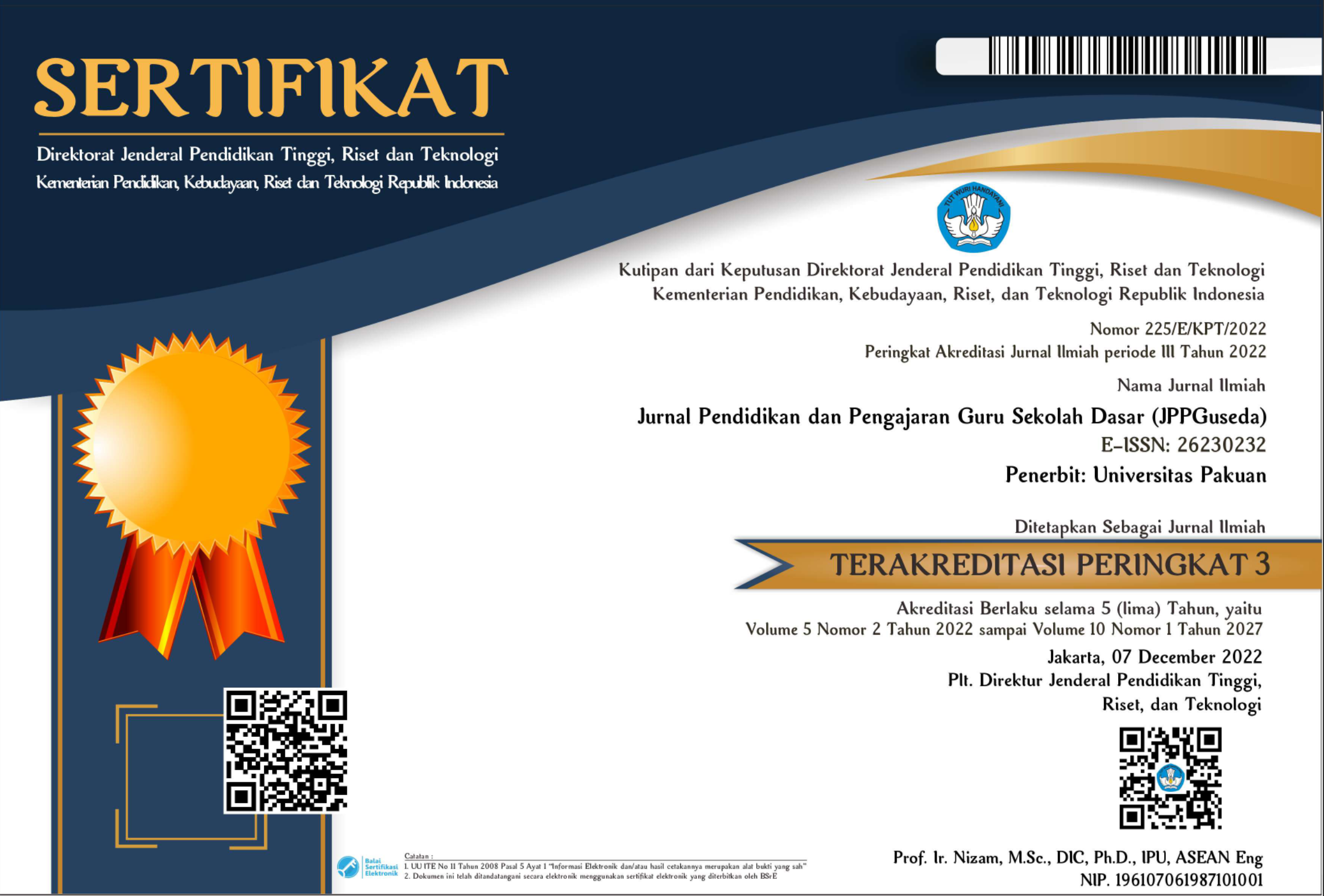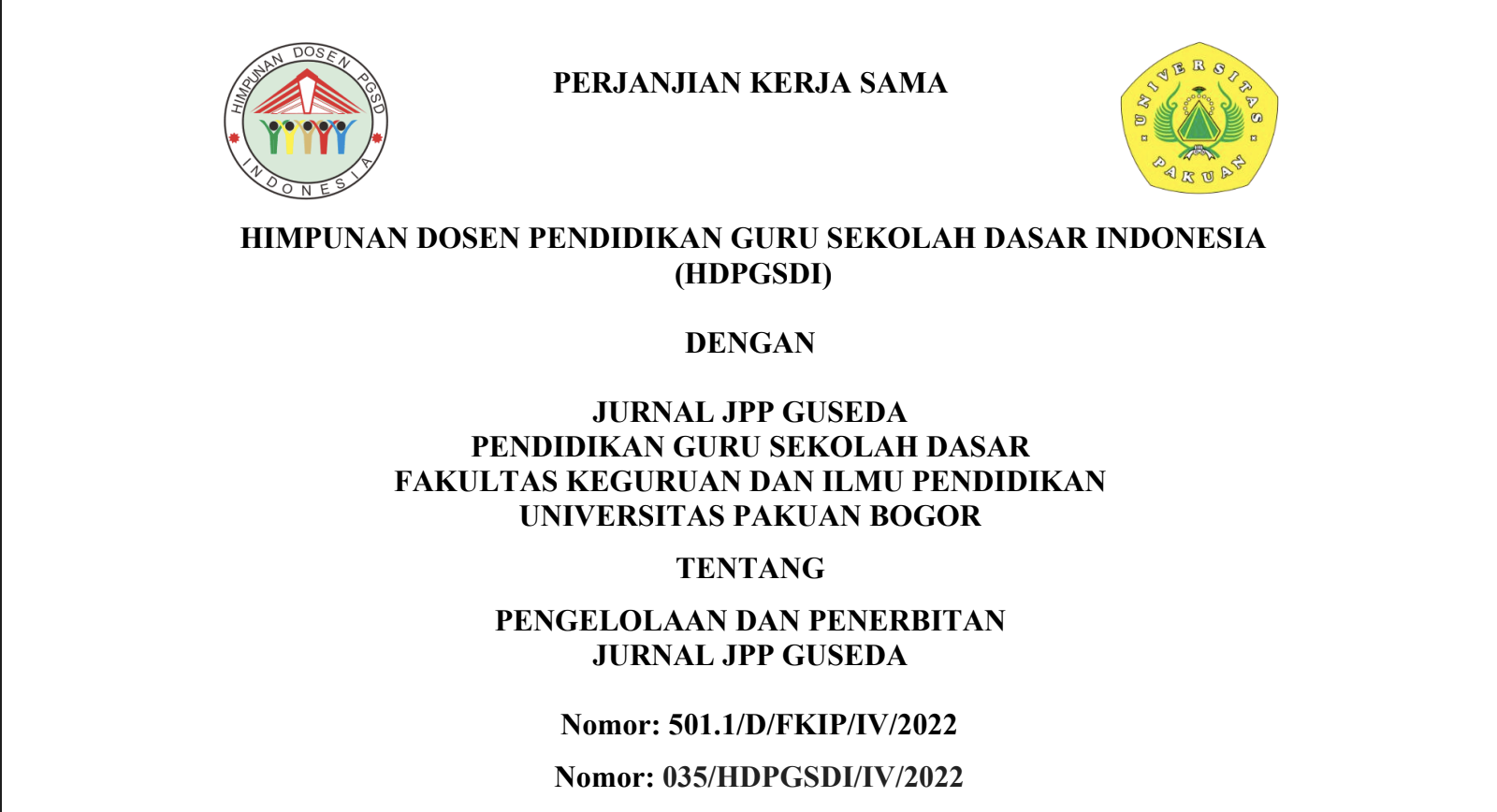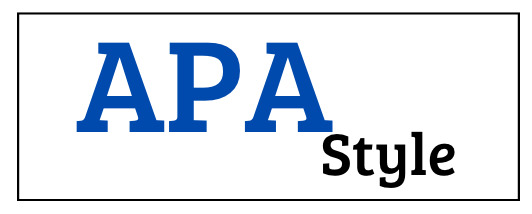Exploring Teachers’ Challenges And Needs In Supporting Inclusive Education For Students With Emotional Or Behavioral Disorders
Abstract
Keywords
References
Ambiyar, A., Efendi, R., Waskito, W., Indra, I., Yanti, A., & Wulandari, R. A. (2024). Pendampingan dan Pelatihan Pembuatan Media Pembelajaran Augmented Reality bagi Guru Sekolah Luar Biasa Kabupaten Dharmasraya Untuk Meningkatkan Kompetensi Guru. Journal Of Human And Education (JAHE), 4(5), 367-378.
Anatasia, A., Agita, T. D., & Syakirin, R. I. (2023). Penerapan model pembelajaran personal dalam mendukung diferensiasi pengajaran untuk siswa berkebutuhan khusus. Chatra: Jurnal Pendidikan Dan Pengajaran, 1(2), 69-77.
Atika, A. (2024). Praktik Pendidikan Inklusif untuk Anak Berkebutuhan Khusus di Sekolah Dasar. Harakat an-Nisa: Jurnal Studi Gender dan Anak, 9(1), 45-54.
Blewitt, C., O’Connor, A., Morris, H., May, T., Mousa, A., Bergmeier, H., ... & Skouteris, H. (2021). A systematic review of targeted social and emotional learning interventions in early childhood education and care settings. Early Child Development and Care, 191(14), 2159-2187.
Braun, V., & Clarke, V. (2006). Using thematic analysis in psychology. Qualitative Research in Psychology, 3(2), 77–101.
Bowen, G. A. (2009). Document analysis as a qualitative research method. Qualitative Research Journal, 9(2), 27–40.
Brown, T. (2019). Managing challenging behaviors in the classroom: A guide for teachers and administrators. Routledge.
Budikuncoroningsih, S. (2017). Pengaruh teman sebaya dan persepsi pola asuh orang tua terhadap agresivitas siswa di sekolah dasar gugus sugarda. JSSH (Jurnal Sains Sosial dan Humaniora), 1(2), 85-92.
Creswell, J. W. (2014). Research design: Qualitative, quantitative, and mixed methods approaches (4th ed.). Thousand Oaks, CA: Sage.
Conroy, M. A., & Brown, W. H. (2006). Early identification, prevention, and early intervention with young children at risk for emotional or behavioral disorders: Issues, trends, and a call for action. Behavioral Disorders, 32(1), 29-45.
Denzin, N. K. (1978). The research act: A theoretical introduction to sociological methods (2nd ed.). New York: McGraw-Hill.
Dunlap, G., Strain, P. S., Fox, L., Carta, J. J., Conroy, M., Smith, B. J., Kern, L., Hemmeter, M. L., Timm, M. A., McCart, A., Sailor, W., Markey, U., Markey, D. J., Lardieri, S., & Sowell, C. (2006). Prevention and intervention with young children’s challenging behavior: Perspective regarding current knowledge: A review of reviews. Behavioral Disorders, 32, 29–45.
Duong, M. T., Bruns, E. J., Lee, K., Cox, S., Coifman, J., Mayworm, A., & Lyon, A. R. (2021). Rates of mental health service utilization by children and adolescents in schools and other common service settings: A systematic review and meta-analysis. Administration and Policy in Mental Health and Mental Health Services Research, 48, 420-439.
Eldiva, F. T., & Azizah, N. (2019, April). Project based learning in improving critical thinking skill of children with special needs. In International Conference on Special and Inclusive Education (ICSIE 2018) (pp. 348-355). Atlantis Press.
Hassan, H. H. F. (2021). A Training program on emotional adjustment and its social communication effect in children with behavioral disorders. Journal of Organizational Behavior Research, 6(1-2021), 203-219.
Heward, W. L., Alber-Morgan, S. R., Konrad, M. (2017). Exceptional children: An introduction to special education (11th ed.). Pearson.
Jones, L., & Smith, R. (2020). Teacher perspectives on inclusive education and managing challenging behaviors in mainstream classrooms. Journal of Special Education, 54(2), 112-125.
King, N. J., Heyne, D., & Ollendick, T. H. (2005). Treatment of school refusal in children and adolescents: A review and suggestions for school-based practice. Journal of Child Psychology and Psychiatry, 46(7), 837-847.
Kauffman, J. M., Hallahan, D. P., Landrum, T. J., & Smith, C. R. (2020). Likely legacies of the inclusion movement. In On Educational Inclusion (pp. 249-265). Routledge.
Kauffman, J. M., Badar, J., Hallahan, D. P., & Pullen, P. C. (2022). Summing up what we know—and what we don't. In Navigating Students’ Mental Health in the Wake of COVID-19 (pp. 155-160). Routledge.
Kauffman, J. M., & Landrum, T. J. (2018). Characteristics of emotional and behavioral disorders of children and youth (11th ed.). Pearson.
Lambie, K. (2020). Project-based learning (PBL) in science, technology, engineering and mathematics (STEM): Perspectives of students with special education needs (SENs) (Master's thesis, The University of Western Ontario (Canada)).
Lincoln, Y. S., & Guba, E. G. (1985). Naturalistic inquiry. Beverly Hills, CA: Sage.
Lipsey, M. W., & Derzon, J. H. (1998). Predictors of violent or serious delinquency in adolescence and early adulthood: A synthesis of longitudinal research. Handbook of Antisocial Behavior, 4, 86-105
Maag, J. W., & Swearer, S. M. (2005). Bullying interventions: A qualitative analysis of school psychologists’ involvement and perceptions. Psychology in the Schools, 42(3), 341-353.
Marisana, D., & Herawati, N. I. (2023). Pengaruh Kompetensi Guru Dalam Proses Pembelajaran Inklusi di Sekolah Dasar. Pendas: Jurnal Ilmiah Pendidikan Dasar, 8(3), 5072-5087.
Merriam, S. B., & Tisdell, E. J. (2016). Qualitative research: A guide to design and implementation (4th ed.). San Francisco, CA: Jossey-Bass.
Montague, M., Enders, C., Cavendish, W., & Castro, M. (2011). Academic and behavioral trajectories for at-risk adolescents in urban schools. Behavioral Disorders, 36(2), 141-156.
Musyafira, I. D., & Hendriani, W. (2021). Sikap guru dalam mendukung keberhasilan pendidikan inklusi. Jurnal Kependidikan: Jurnal Hasil Penelitian dan Kajian Kepustakaan di Bidang Pendidikan, Pengajaran dan Pembelajaran, 7(1), 75-85.
Nelson, J. R., Benner, G. J., Lane, K., & Smith, B. W. (2007). Academic achievement of K-12 students with emotional and behavioral disorders. Exceptional Children, 74(1), 59-73.
Novita, L., Sundari, F.S., Vonti, L.H., & Purnamasari, R. (2022). E-Book as Assistive Technology for Children with Learning Disabilities. Jurnal Pendidikan dan Pengajaran (JPP-Undiksha), 55(2), 377-386. DOI: https://doi.org/10.23887/jpp.v55i2.42327
Patton, M. Q. (2015). Qualitative research and evaluation methods (4th ed.). Thousand Oaks, CA: Sage.
Paudyal, B., Creed, C., Knowles, S., Mutariswa, H., & Williams, I. (2023, July). An IoT-based solution for monitoring young people with Emotional Behavioral Disorders in a Residential Childcare setting. In 2023 IEEE Symposium on Computers and Communications (ISCC) (pp. 1-6). IEEE.
Pressley, T. (2020). Teaching Educational Psychology in an International Setting: Exploring the Finnish Education System. International Education Studies, 13(7), 20-30.
Putri, A. F. (2019). Konsep perilaku agresif siswa. SCHOULID: Indonesian Journal of School Counseling, 4(1), 28-32.
Riden, B. S., Kumm, S., & Maggin, D. M. (2022). Evidence-based behavior management strategies for students with or at risk of EBD: A mega review of the literature. Remedial and Special Education, 43(4), 255-269.
Sanusi, A. (2023). Pembaharuan Strategi Pendidikan. Nuansa Cendekia.
Siswanto. (2022). Hasil Survei I-NAMHS: Satu dari Tiga Remaja Indonesia Memiliki Masalah Kesehatan Mental Diunduh di https://ugm.ac.id/id/berita/23086-hasil-survei-i-namhs-satu-dari-tiga-remaja-indonesia-memiliki-masalah-kesehatan-mental/
Smith, P. K. (2012). Cyberbullying: Challenges and opportunities for a research program—A response to Olweus (2012). European journal of developmental psychology, 9(5), 553-558.
Scott, L. A., Bettini, E., & Brunsting, N. (2023). Special Education Teachers of Color Burnout, Working Conditions, and Recommendations for EBD Research. Journal of Emotional and Behavioral Disorders, 31(2), 97-108. https://doi.org/10.1177/10634266221146495
Sugiarti, E., Oktaviani, S., Ilham, F. S., & Andriani, O. (2024). Pelayanan Pendidikan Pada Anak Yang Mengalami Gangguan Emosi Dan Tingkah Laku. CENDEKIA: Jurnal Ilmu Sosial, Bahasa dan Pendidikan, 4(1), 201-212.
Sun, H. L., He, F., Rao, W. W., Qi, Y., Rao, S. Y., Ho, T. I., ... & Xiang, Y. T. (2025). Gender differences in behavioral and emotional problems among school children and adolescents in China: National survey findings from a comparative network perspective. Journal of Affective Disorders, 369, 227-233.
Syamaun, N., & Faizin, M. (2020). Dampak Pola Asuh Orangtua & Guru terhadap Kecenderungan Perilaku Agresif Siswa.
Tirtawati, A. A. R. (2016). Kesehatan mental sumber daya manusia para guru (implikasinya terhadap penyelenggaraan diklat/pelatihan). Widya Accarya, 5(1).
Tola, Y. P. (2018). Perilaku agresif anak usia dini di lihat dari pola asuh orang tua. Jurnal buah hati, 5(1), 1-13.
Valiente, C., Swanson, J., DeLay, D., Fraser, A. M., & Parker, J. H. (2020). Emotion-related socialization in the classroom: Considering the roles of teachers, peers, and the classroom context. Developmental psychology, 56(3), 578.
Wagner, M., Kutash, K., Duchnowski, A. J., Epstein, M. H., & Sumi, W. C. (2005). The children and youth we serve: A national picture of the characteristics of students with emotional disturbances receiving special education. Center for Mental Health in Schools at UCLA.
Walker, H. M., Colvin, G., & Ramsey, E. (2005). Antisocial behavior in school: Strategies and best practices (2nd ed.). Wadsworth Publishing.
Walker, B., Clancy, M., Tsai, S. F., & Cheney, D. (2013). Bridging the research-to-practice gap: Empowering staff to implement meaningful program evaluation and improvement to better serve students with emotional or behavioral disorders. Beyond Behavior, 22(3), 3-14.
Yin, R. K. (2018). Case study research and applications: Design and methods (6th ed.). Thousand Oaks, CA: Sage.
Yumpi, F. (2017). Identifikasi kebutuhan untuk perancangan intervensi anak gangguan emosi dan perilaku. Prosiding Temu Ilmiah Nasional X Ikatan Psikologi Perkembangan Indonesia, 1.
DOI: 10.55215/jppguseda.v8i1.11003
 Abstract views : 179
Abstract views : 179
Refbacks
- There are currently no refbacks.
Copyright (c) 2025 Nastitisari Dewi, Asep Supena, Totok Bintoro, Edwita Edwita, Durotul Yatimah

This work is licensed under a Creative Commons Attribution-NonCommercial-ShareAlike 4.0 International License.




















